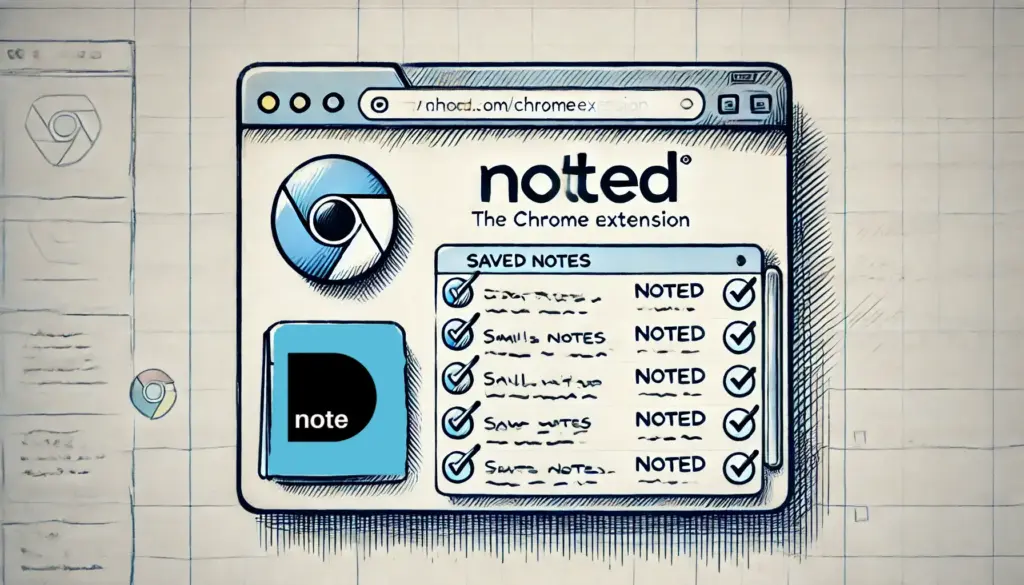When it comes to organizing my work and managing my projects, Visual Studio Code (VSCode) has become my go-to tool. Originally designed as a source code editor for developers, VSCode’s versatility has allowed me to tailor it to fit my needs perfectly. By leveraging its robust extension ecosystem, I’ve transformed VSCode into a powerful platform for writing technical documentation, maintaining to-do lists, tracking decisions, and keeping everything efficient and in one place. In this post, I’ll introduce the extensions I use and how they streamline my process for managing tasks and documentation.
What is VSCode?
Now, you probably already know (and perhaps love) Visual Studio Code—you might even know it better than I do! But just in case, here’s a quick refresher. VSCode is a free, open-source code editor developed by Microsoft. It’s lightweight yet powerful, supporting a wide range of programming languages and frameworks right out of the box. While its main purpose is to provide a flexible environment for coding, debugging, and version control, what truly sets VSCode apart is its extensive library of extensions. These allow you to customize and enhance its functionality to suit virtually any workflow—even if you’re not strictly coding.
Turning VSCode into My Daily Tool for Technical Documentation
You might be wondering, “Can VSCode really handle all my documentation needs?” The answer is a resounding yes! I deal with a lot of documentation—writing technical notes, tracking changes, and managing to-dos. While there are many specialized tools for these tasks, I’ve found that integrating everything into VSCode keeps my workflow streamlined. By using Markdown for documentation and leveraging extensions for task management and version control with GitLab, I’ve centralized my entire work environment. This not only improves efficiency but also ensures consistency across all my projects.
The Extensions That Make It All Possible
Below are the key extensions that have transformed VSCode into an indispensable tool for my daily tasks.
Markdown All in One
- Description: Offers comprehensive Markdown support, including shortcuts for formatting, live previews, and automatic table of contents generation.
- Why I Use It: Writing notes and technical documentation in Markdown is made seamless with this extension. The live preview feature allows me to see exactly how my documents will look, and the formatting shortcuts save time.
- Purpose: It enhances the native Markdown capabilities of VSCode, making it a powerful tool for any kind of text-based documentation.
TODO Tree
- Description: Scans your documents for comment tags like
TODO,FIXME, andNOTEand displays them in a sidebar. - Why I Use It: It’s perfect for tracking unfinished tasks or decisions directly within my notes. Instead of leaving scattered annotations, TODO Tree provides a centralized view of all pending items.
- Purpose: Improves task management by highlighting action items, ensuring nothing falls through the cracks.
GitLens — Git supercharged
- Description: Enhances the built-in Git capabilities of VSCode, providing insights into document authorship, history, and more.
- Why I Use It: Storing my documents in GitLab means version control is crucial. GitLens makes it easy to track changes, understand document evolution, and collaborate with others.
- Purpose: It offers advanced Git features directly within the editor, simplifying version control tasks for your documentation and notes.
Productivity and Utilities
These extensions boost productivity and make working in VSCode more efficient.
IntelliCode
- Description: An AI-assisted tool that provides smart IntelliSense recommendations by learning from your codebase.
- Why I Use It: Enhances coding efficiency by offering context-aware suggestions, making code completion quicker and more accurate.
- Purpose: Streamlines coding by predicting the most relevant code completions based on context.
VSCode Icons
- Description: Adds a set of customizable icons to file types and folders.
- Why I Use It: Improves visual navigation within projects, allowing me to identify files at a glance.
- Purpose: Enhances the UI/UX of VSCode, making project management more intuitive.
Dracula Official Theme
- Description: A dark theme with a modern, sleek color palette designed to reduce eye strain.
- Why I Use It: Provides a comfortable visual environment for extended coding and writing sessions.
- Purpose: Offers an aesthetically pleasing and ergonomically friendly workspace.
Specialized Extensions
For tasks that require specific tools, these extensions integrate additional functionalities into VSCode.
Draw.io Integration
- Description: Integrates the powerful diagramming tool Draw.io directly into VSCode.
- Why I Use It: Ideal for creating flowcharts, architecture diagrams, and visual documentation without leaving the editor.
- Purpose: Eliminates the need to switch between applications, keeping all work within VSCode.
Edit CSV
- Description: Provides an Excel-like table editor for CSV files inside VSCode.
- Why I Use It: Simplifies data manipulation by offering a grid view, making edits more intuitive.
- Purpose: Bridges the gap between text editing and spreadsheet functionality within the editor.
Conclusion
By customizing VSCode with these essential extensions, I’ve turned a simple code editor into a comprehensive tool tailored to my needs. From writing technical documentation in Markdown to tracking tasks and collaborating through GitLab, VSCode serves as the central hub for all my work. The flexibility and power it offers have not only streamlined my workflow but also enhanced my productivity. If you’re looking to optimize your workflow, I highly recommend exploring these extensions to see how they can benefit you.
What are your favorite VSCode extensions or tips for maximizing productivity? I’d love to hear about them in the comments below!




Leave a Reply